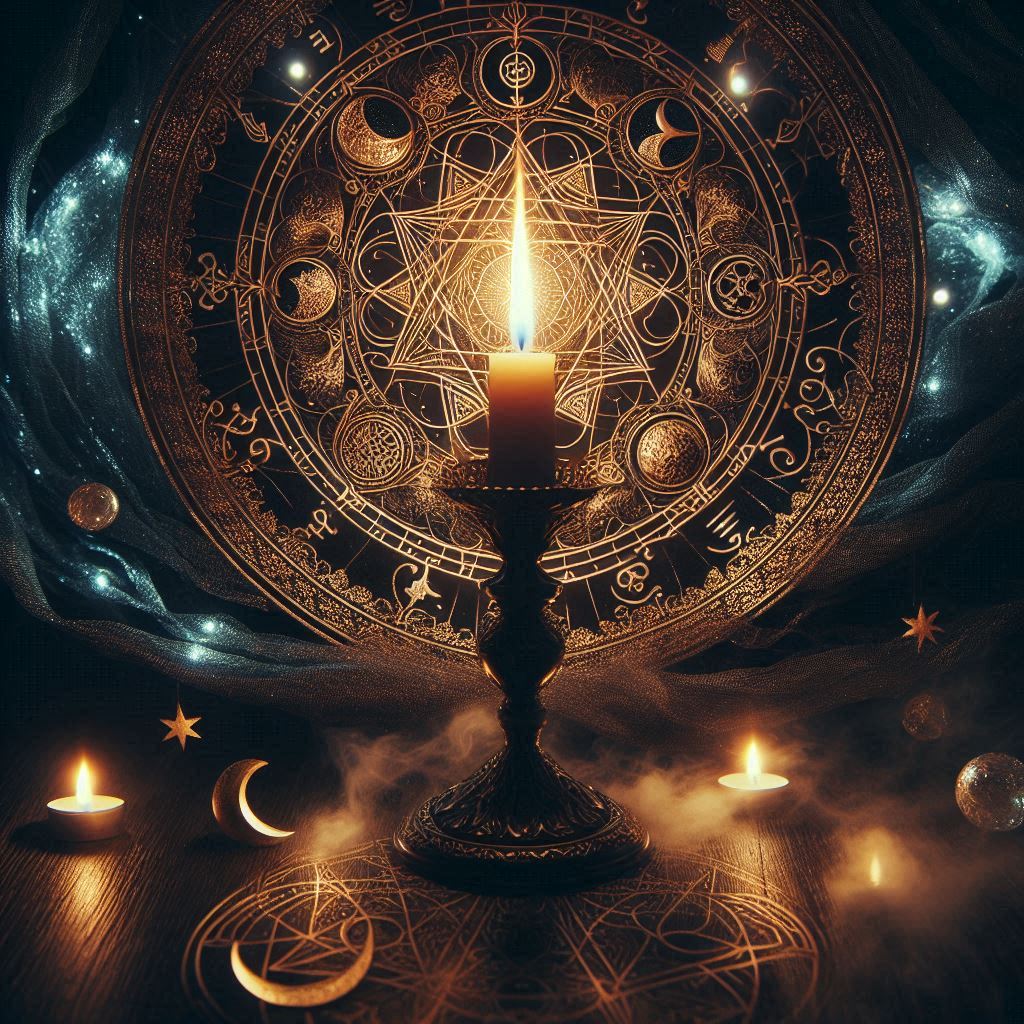Table of Contents
Light in the German-Speaking World: Writers of the German Enlightenment (Aufklärung)
What is German Enlightenment? The 18th century in Europe was an age of intellectual revolution, where the light of reason, championed by thinkers like Locke, Newton, and Voltaire, sought to dispel the shadows of tradition and dogma. In the politically fragmented and culturally diverse German-speaking lands, this movement, known as the Aufklärung (Enlightenment), developed a distinct character. Less focused on the overt political radicalism of the French philosophes, the German Enlightenment was profoundly concerned with moral philosophy, education, and the slow, top-down reform of society. The writers of this period laid the essential groundwork for the later flourishing of German literature and philosophy, navigating the complex terrain between rational critique and spiritual yearning.

The Philosophical Foundations: Reason, Tolerance, and Public Discourse
Before literary figures could transform the cultural landscape, philosophers had to establish the intellectual framework. The towering figure of this early period was Gottfried Wilhelm Leibniz (1646-1716), whose optimistic philosophy, particularly his concept of our world as the “best of all possible worlds,” profoundly influenced the Enlightenment spirit. While his complex system was largely articulated in Latin and French, his ideas were popularized and simplified by Christian Wolff (1679-1754), who systematized philosophy in the German language, making it accessible to a broader educated public.
The central motto of the Aufklärung was articulated by the Berlin philosopher Immanuel Kant (1724-1804) in his seminal 1784 essay, “Answering the Question: What is Enlightenment?” Kant defined the era as “mankind’s exit from its self-incurred immaturity,” urging individuals to “Sapere aude!” or “Dare to know!”—to have the courage to use one’s own understanding without guidance from another. This call for intellectual autonomy and the growth of public debate was crucial. Journals like Die Vernünftigen Tadlerinnen (The Rational Criticesses) and moral weeklies modeled on The Spectator became vital platforms, fostering a culture of criticism and conversation aimed at educating the middle classes in reason, tolerance, and good taste.
Gotthold Ephraim Lessing: The Archetypal Enlightenment Dramatist and Critic
If one writer embodies the ideals of the German Enlightenment, it is Gotthold Ephraim Lessing (1729-1781). A master dramatist, critic, and polemicist, Lessing fought tirelessly for religious tolerance, humanistic values, and a new, vibrant German national theatre. His breakthrough play, Miss Sara Sampson (1755), established domestic bourgeois tragedy (bürgerliches Trauerspiel) in Germany, shifting the focus from aristocratic heroes to the emotional lives of ordinary people, asserting that their fates were worthy of dramatic representation.
Lessing’s most enduring works are powerful pleas for tolerance. In the dramatic poem Nathan the Wise (1779), set in Jerusalem during the Crusades, the central parable of the three rings—representing Judaism, Christianity, and Islam—brilliantly argues that no single religion holds a monopoly on truth; the true value of a faith is demonstrated through its ethical practice. Similarly, his play Emilia Galotti (1772) critiques aristocratic corruption and champions bourgeois virtue. As a critic, his Hamburg Dramaturgy laid the theoretical foundation for German theatre, advocating for a move away from strict French neoclassical rules towards a more natural and psychologically convincing drama.
The Pedagogical Vision: Christoph Martin Wieland and the Cultivation of Humanity
While Lessing was the movement’s moral and critical conscience, Christoph Martin Wieland (1733-1813) was its great educator and popularizer. A prolific novelist, poet, and translator, Wieland’s mission was to bridge the gap between lofty philosophical ideals and worldly, practical life. His novel Geschichte des Agathon (The History of Agathon, 1766-67) is considered the first German Bildungsroman (novel of formation), tracing the development of a young man as he learns to harmonize his idealistic aspirations with the realities of the world.
Wieland’s elegant and witty prose, often with a gentle, ironic tone, aimed to cultivate a balanced and refined individual—a concept that would later be central to the Classical ideal of Bildung (self-cultivation). His translation of Shakespeare’s plays into German was a monumental achievement, introducing a new model of dramatic genius to German writers and profoundly influencing the subsequent Sturm und Drang movement. Through his journal Der teutsche Merkur (The German Mercury), Wieland provided a central forum for the intellectual life of the era, shaping the tastes and ideas of the educated bourgeoisie.
Transition and Legacy: From Rationalism to Sturm und Drang
The German Enlightenment was not a monolithic movement, and its emphasis on cool rationality eventually provoked a reaction. By the 1770s, a younger generation of writers, who would become known as the Sturm und Drang (Storm and Stress), began to rebel against what they saw as the sterile intellectualism of their predecessors. Figures like the young Goethe and Schiller championed intense emotion, genius, individual subjectivity, and a fascination with the natural world.
However, this was not a clean break but an evolution. The Aufklärung had successfully created a public sphere and a language for critical discourse. It had championed the value of the individual, which the Sturm und Drang would then push to its emotional extreme. The pedagogical mission of Wieland directly informed Goethe’s classical vision of Bildung in Wilhelm Meister’s Apprenticeship. Lessing’s arguments for tolerance and his dramatic innovations provided a foundation upon which Schiller could build his own historical dramas.
Conclusion
The writers of the German Enlightenment may have been overshadowed by the colossal figures of Goethe and Schiller who followed them, but their role was indispensable. They were the architects of a modern German literary culture, forging a language capable of nuance and philosophical depth. Through the critical battles of Lessing, the pedagogical efforts of Wieland, and the philosophical groundwork laid by Kant, they championed the use of reason not as an end in itself, but as a tool for achieving moral progress, social tolerance, and a more humane society. They lit the torch of public intellectual engagement, ensuring that the German-speaking world would be a full participant in the great conversation of modern European thought.


No responses yet